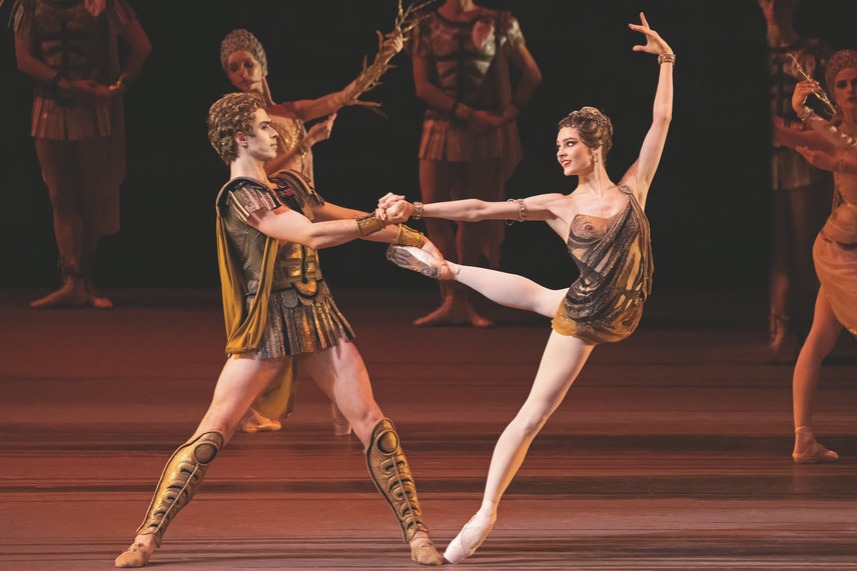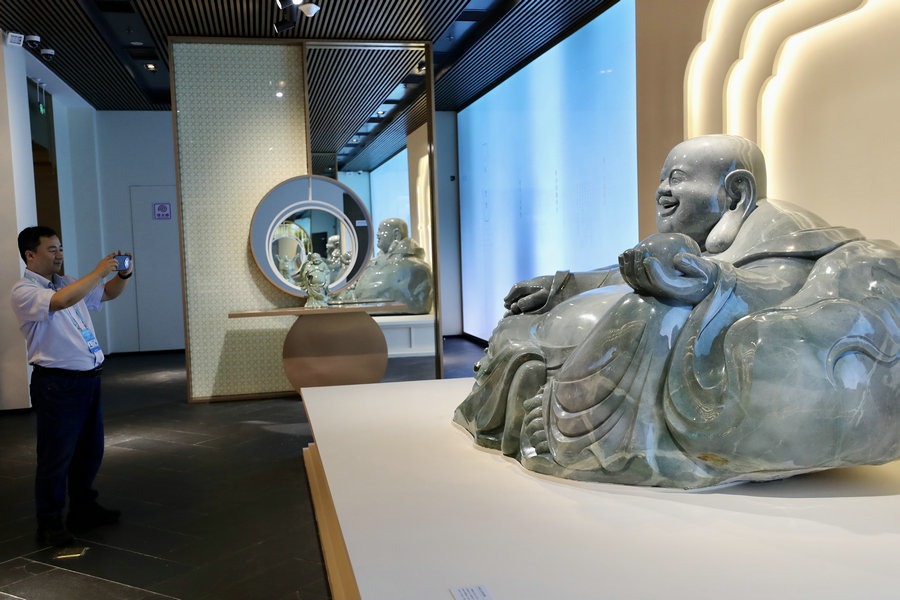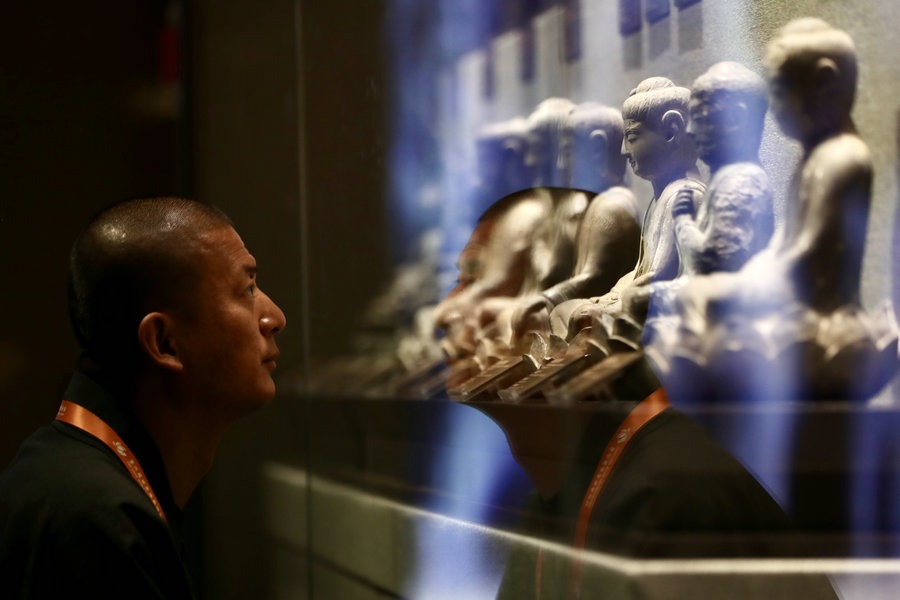Mongolian fusion band ensures beat goes on


In Hanggai's music, you can hear many sounds, from traditional ethnic Mongolian instruments, such as the morin khuur (horse-headed fiddle) and khun tovshuur (a two-stringed lute), to Western percussion instruments, electric guitar and bass.
On June 3-4, the crossover band, which consists of eight ethnic Mongolian musicians, gave two sold-out concerts at the Tianqiao Performing Arts Center in Beijing, which brought an end to their national tour at medium-sized theaters starting from 2020.
"During the past three years, which was a very difficult time due to the COVID-19 pandemic, we performed about 100 shows around the country. Though some of the shows were sold out, the atmosphere was quite different compared to the latest two sold-out shows in Beijing," says Ilchi, the vocalist and a founding member of Hanggai. "When fans flocked into the venue — which has a capacity of about 1,600 seats, we could sense their enthusiasm and energy at once. They stood up during the show and danced, which was a very touching moment."
The band named their shows in the capital The Man Who Walks Away after their 2010 album with the same title. The album was included in the 2010 Top 10 World Music Records list by the British music magazine MOJO, making it the only Asian music album to be selected.
As Ilchi elaborates, when the band made that album, they were inspired by the idea of bringing the sounds of the Mongolian ethnic group to the world. So far, they've performed in over 60 countries with over 500 performances. Now, they used the title again, indicating their new beginning after the difficult period of time caused by the pandemic.
"We slowed down like many bands since shows were canceled or postponed. It allowed us to go back to our hometown and spend more time together creating new materials," recalls Ilchi.
The band went to a small town in Xilingol League, Inner Mongolia autonomous region, where they lived and created music together.



































